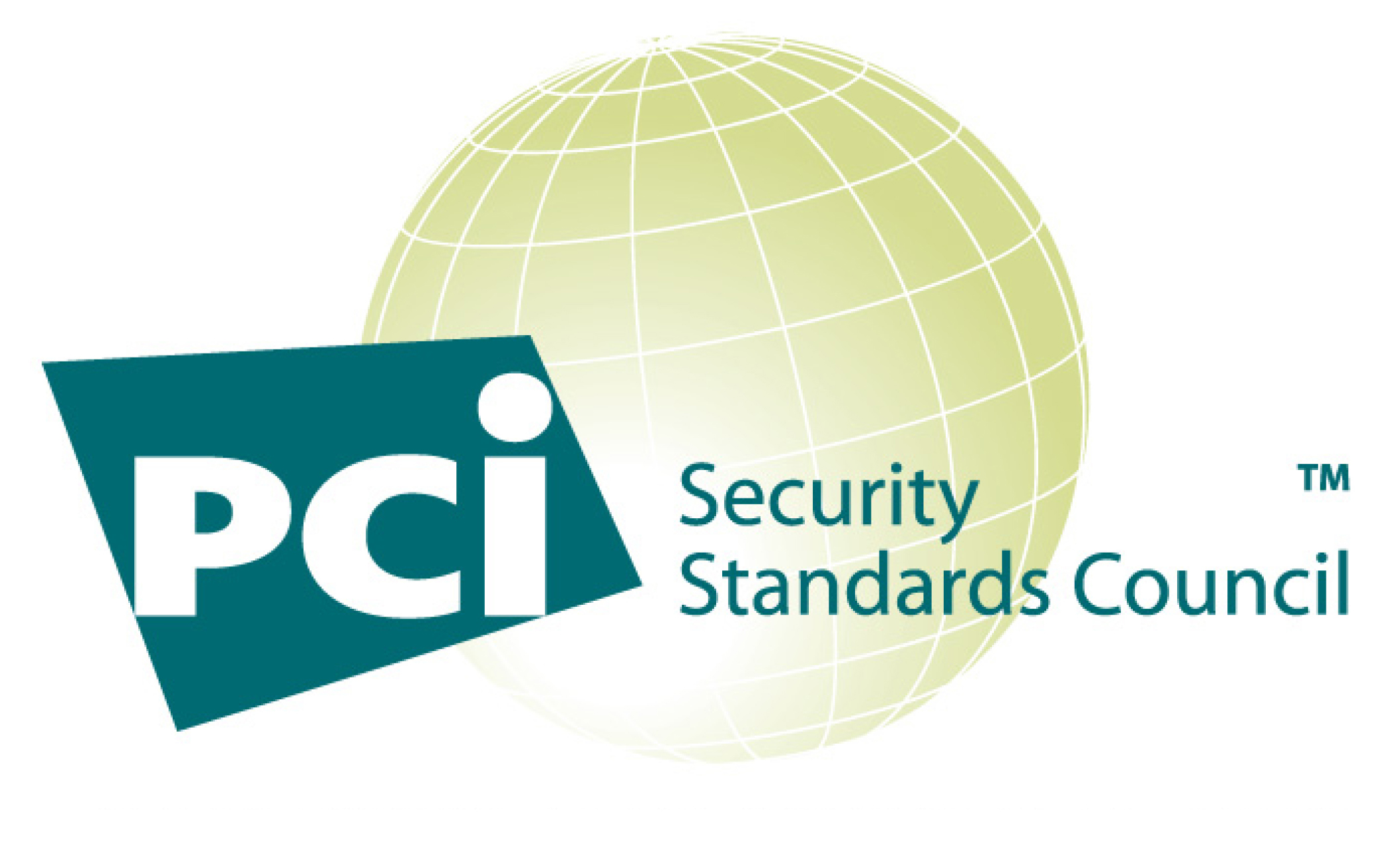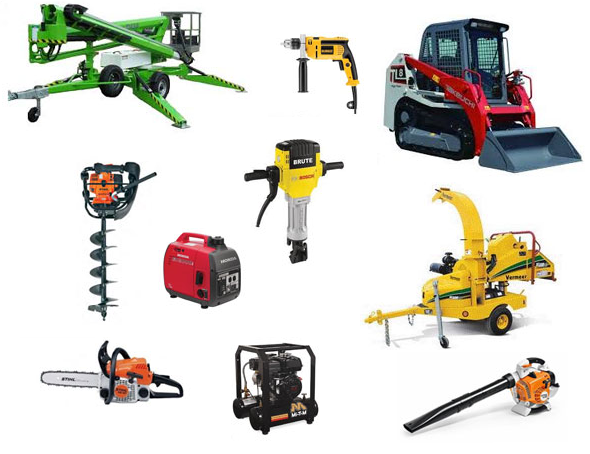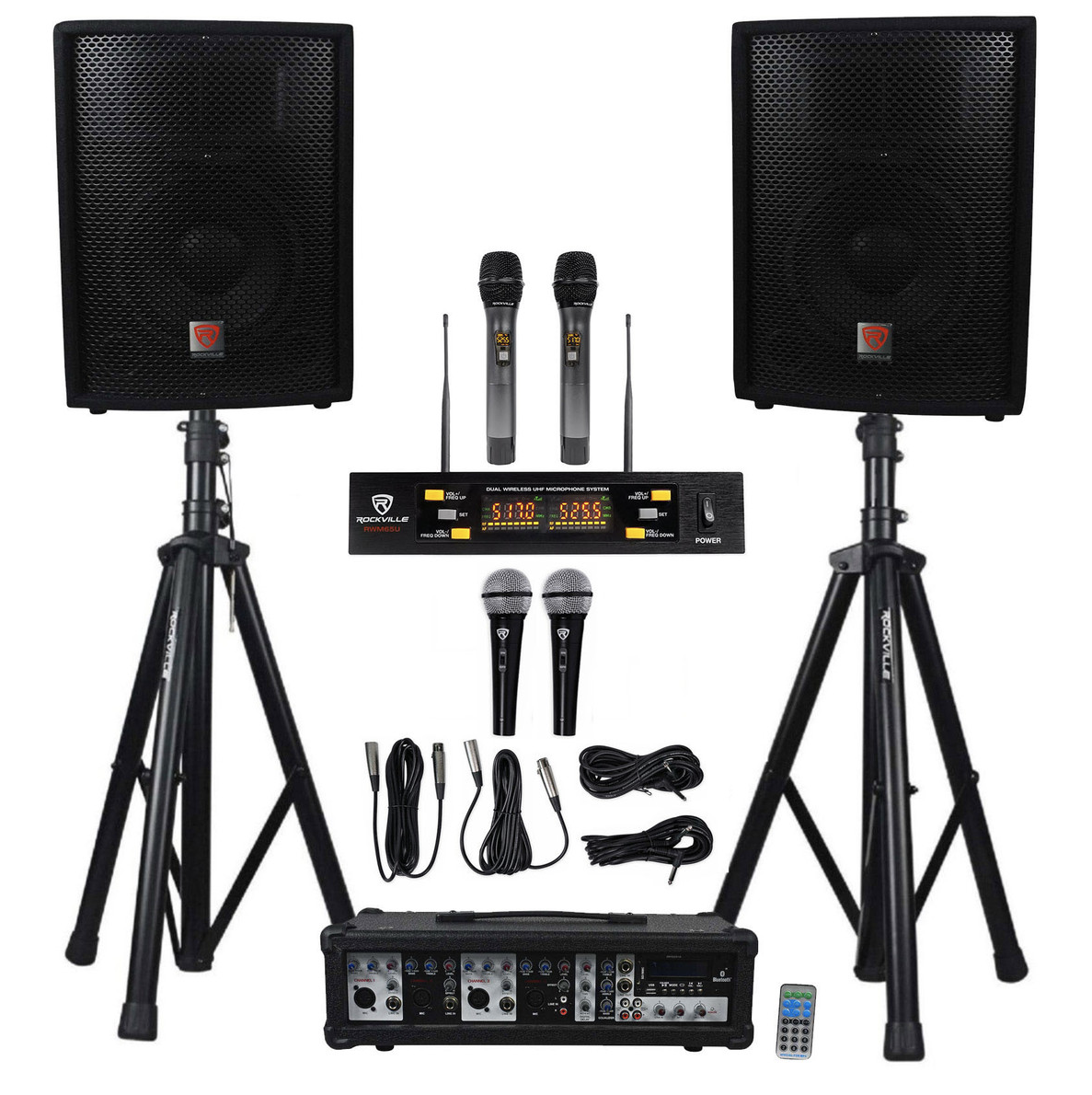
PCI DSS Compliance and You: What It is, Why It Matters, and How You Can Protect Your Business
- By Neil
- September 28, 2018
PCI DSS Compliance and You: What It is, Why It Matters, and How You Can Protect Your Business
There is nothing that affects the entire buying cycle quite like the theft or a potential breach of credit cardholder data. It leaves businesses faltering in the wake of lost customer trust and, likely, business, as well as subjecting the business in question to potential financial liabilities and losses.
This is where PCI DSS compliance comes in to protect consumers and businesses.
The potential threat of this spans every industry, including the limousine and car rental businesses that might accept payment for limo or car rental reservations online through a third-party application.
What is PCI DSS?
PCI DSS stands for Payment Card Industry Data Security Standard. The PCI Security Standards Council set the standards that merchants are required to follow to be compliant regarding data security.
The most important thing to know is that PCI DSS compliance is always changing and can be very complex depending on the type of business you have. If you’re a large brick-and-mortar retailer that keeps its clients’ credit card information on file, you’ll have more requirements to meet than a smaller e-tailer that uses a third-party payment site.
What Needs to Be Secure?
Items that fall under the umbrella of PCI DSS compliance regulations include anywhere cardholder data is captured from the point of sale through the payment system. This can include, but is not limited to: card readers, point of sale systems, store networks and wireless access routers, payment card data storage and transmission, payment card data stored in paper-based records, and online payment applications and shopping carts.
Potential Consequences of PCI DSS Non-Compliance
- Losing client’s trust
- Loss of sales and revenue
- Fraudulent losses
- Higher costs to become compliant
- Legal fees, settlement payouts, and judgment costs
- Fines and penalties
- Restriction from ability to accept credit card payments
- Terminations of responsible employees
- Bankruptcy and going out of business
Small Vendors and PCI DSS Compliance
Fortunately, if you’re a relatively small vendor that does not store clients’ credit card information, then the requirements for you to be PCI DSS compliant are much easier to meet. For vendors that accept payments online through a third-party application, the process is handled by that application. For anyone in the limousine or car rental industry, an all-in-one booking and payment software that is PCI DSS compliant is The Booking Tool.
For more information about PCI DSS compliance, refer to the Quick Reference Guide and for more information about the PCI DSS complaint The Booking Tool, visit our website.



